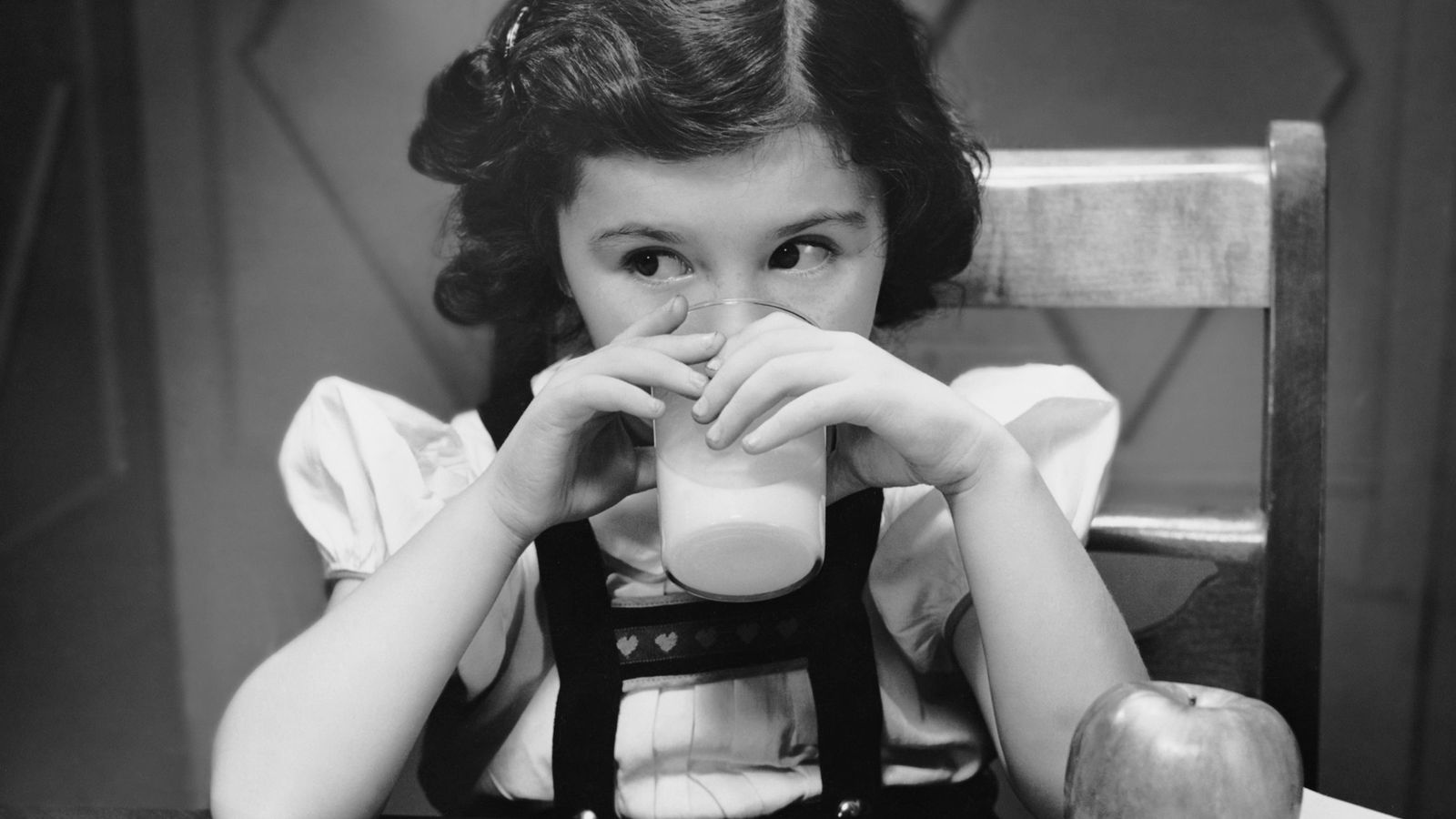Given this thread has produced a variety of responses, some reasonably pragmatic, I have to say the terms used in the above quote define her perfectly.
She had NO redeeming features as either person or politician. She was a despotic, autocratic dictator whose legacies remain. She did nothing for the UK, except, decimate social adhesions . She was far from alone attracting acolytes outside the political spectrum, who were as repugnant as she was ( talking of which, a special mention for Maude / Joseph in this respect) and she also used brutal repression in the form of developing the police into a quasi paramilitary force.
I was driving to Newark one day, and, the other side of the M1 between Chesterfield / Mansfield, saw what amounted to the police in battalion size numbers and thought, NO ! this is so wrong in the UK. It's been well reported how many subsequently boasted of their overtime payments and material benefits that resulted. The UK Police, police by consent, NOT, through brutality.
It wasn't just the miners who suffered. Her policies cascaded across the UK, Trafford Park for example, was badly hit. For those who have never seen it, try and watch "The Boys from the Blackstuff"...satire it maybe, but, it exemplified the misery endured by millions as she imposed her doctrines of hate and malice.
The DNA was all too evident in her equally repulsive son, failed in everything he's done, but "saved" by the family connection.
I cheered, and I was probably far from alone, with the classic shot of her leaving Downing St, tears of nitric acid rolling down her cheeks, and again when the news was announced she had gone to Hell.
I am bemused as to those who felt she benefitted the railways, because she had a long term detestation of rail and rarely travelled on such.
And finally, for those who wonder what working life was like in a mine, I recommend a visit to "Big Pit"...possibly the best museum in the UK...it's been cleaned up, obviously, for visitors, but, it's about as far from being some sugar coated sanitised display as you can get...there's also bits of railway stuff there.



